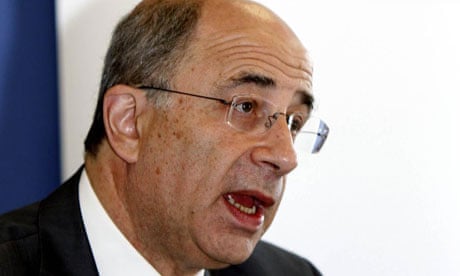Associated Newspapers is seeking a judicial review of Lord Justice Leveson's decision to allow witnesses including journalists to give anonymous evidence to his inquiry into media standards.
The Daily Mail publisher wants to reverse a decision Leveson made following approaches from a number of individuals who claimed they wanted to give evidence anonymously without fear of reprisal.
In a claim form issued to the high court, Associated cites four legal reasons to overturn the anonymity ruling.
The publisher said it "fails to give effect to the principle of open justice"; that it would "contravene the principles of natural justice"; and that it infringes the rights of the newspaper group and others under article 10 of the Human Rights Act, which gives the right to free expression. It also argues that Leveson fails to identify a public interest to justify his decision.
In his ruling on 9 November, Leveson admitted that the "best evidence" he could hear is that which comes from an "identified witness" whose testimony can be tested in open court.
He conceded that anonymous witnesses, by their nature, could not be tested fully because "the chapter and verse necessary to exemplify the evidence might identify both the newspaper, and, ultimately the source".
But, he said as his inquiry was not aiming to make any findings about the behaviour of any individual newspaper or editor, anonymous evidence would be allowed as it would help him put evidence that he heard about press "culture and practices into context".
Leveson also said he did not wish to prejudice any police investigations and agreed with a submission by Associated Newspapers' barrister that any application for anonymity "must receive intense scrutiny".
Leveson said in his ruling that the name of the newspaper to which the evidence rates and the identity of any manager who is criticised would remain anonymised.
To contact the MediaGuardian news desk email editor@mediatheguardian.com or phone 020 3353 3857. For all other inquiries please call the main Guardian switchboard on 020 3353 2000. If you are writing a comment for publication, please mark clearly "for publication".
